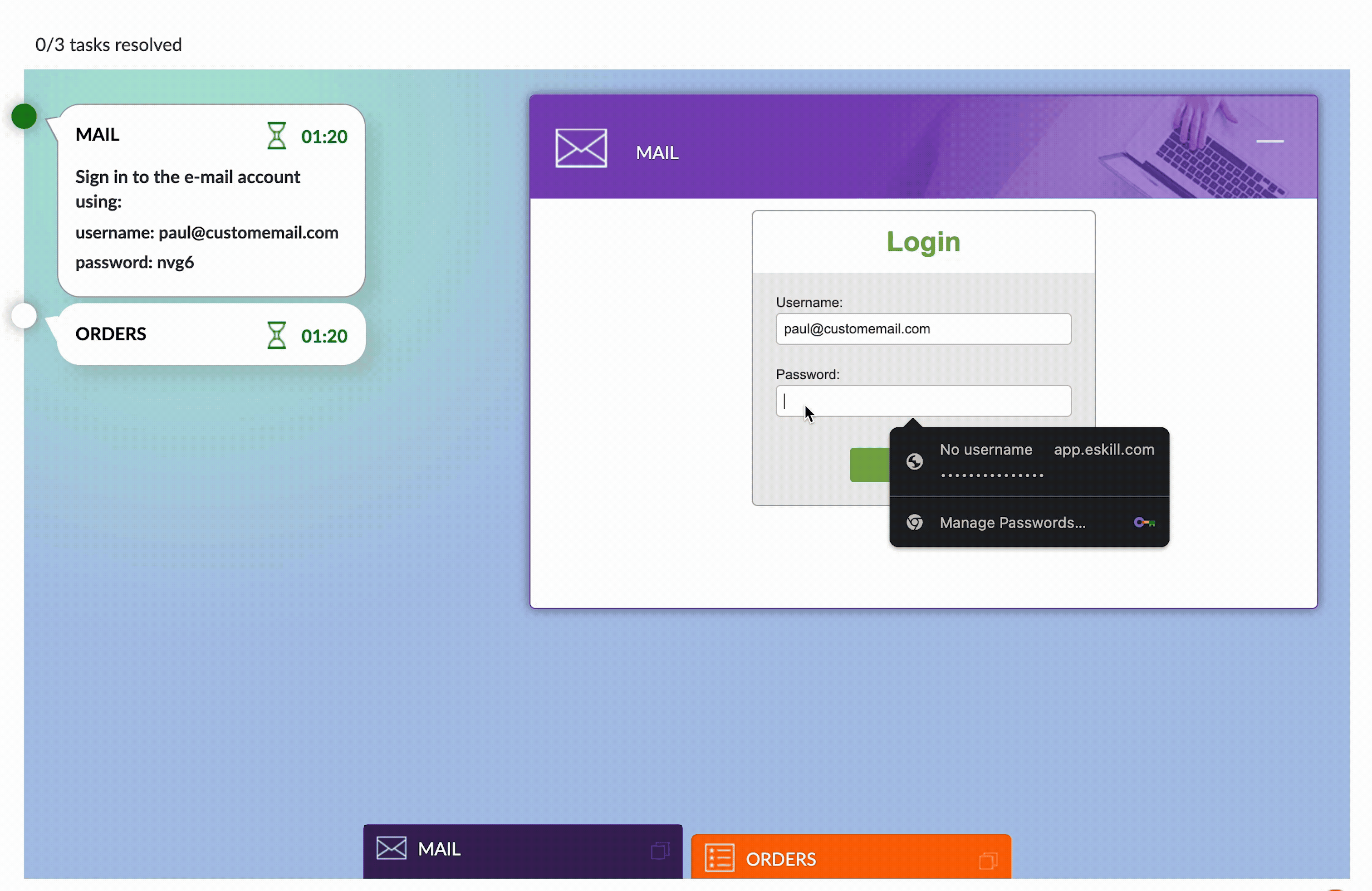Businesses are struggling to recruit technical talent. Applicants’ abilities have not kept up with technological advancements, and there is a shortage of qualified applicants for many jobs.
According to the National Association of Manufacturers (NAM) survey, 65% of business leaders say attracting and retaining top employees is one of their top business challenges. Another NAM study says 2.1 million technical jobs will go unfilled by 2030.
Business leaders understand the importance of attracting top talent and have implemented assessment solutions so they can use mechanical aptitude testing to screen candidates for technical positions.
What is a Mechanical Aptitude Test?
Mechanical aptitude test results identify which candidates have the necessary skills. This enables you to make hiring decisions based on hard data instead of relying on instincts, leading to more objective hiring decisions, better workforce optimization, and higher productivity.
Types of Mechanical Aptitude Tests
HR teams use mechanical aptitude tests to evaluate applicants’ skills and competencies. The types of assessments that are typically used to hire technical employees include:
- Skills Tests: Skills tests measure criteria that are critical for a candidate’s ability to do a job. Some examples could include proficiency in operating and maintaining machinery, writing software code, and managing production lines. Leading assessment solutions allow you to use skills tests as-is or customize them to match your job.
- Behavioral Assessments: According to a CareerBuilder survey, 75% of HR leaders surveyed have hired an employee who turned out to be a bad fit for a job or their company culture. They know how important it is to use behavioral assessments along with skills tests. Behavioral assessments give hiring teams insights into applicants’ attitudes, values, behaviors, and work styles.
- Simulations: If you want to be sure a candidate can do a job, the best way is to watch them do it. Simulations allow you to give candidates tasks they will perform if hired. For example, if you are hiring an employee to operate and maintain specific types of machinery, you can build a mechanical aptitude test that includes questions about machine operation, maintenance, and safety. You can then add simulations that require applicants to troubleshoot maintenance and repair issues.
- Situational Judgment Tests: Situational Judgment Tests (SJTs) present applicants with on-the-job scenarios and prompt them to choose the best solution from several options. They give hiring teams an excellent way to assess candidates’ management skills, such as critical thinking, problem-solving, and decision-making, as well as their ability to handle real work situations.
How Mechanical Aptitude Testing Helps You Improve Hiring
HR teams know they can no longer rely on the information applicants provide on resumes and during interviews because around 80% of applicants lie on their resumes and during interviews. Therefore, a candidate with a seemingly perfect resume who looks and sounds good during interviews could end up being a hiring mistake that costs your company dearly.
The following scenario demonstrates why you need to use mechanical aptitude tests in your hiring process.
Selina, the HR manager for a trucking and delivery company, posted a job for a fleet maintenance supervisor. The person would assume responsibility for managing a team of mechanics that serviced and maintained the company’s fleet of 250 local delivery vans and long-haul, 18-wheeler trucks. Therefore, candidates needed fleet management experience and repair and maintenance expertise with combustion and diesel vehicles.
She posted the job and invited applicants to submit a resume; her company did not use an assessment platform. When she reviewed the results, Wyatt emerged as the top candidate.
His resume listed fleet management and repair and maintenance experience with the right types of vehicles. She got good feedback from Manuel, the hiring manager, and references from Wyatt’s former managers and colleagues were good. Selina was confident that Wyatt was the perfect candidate and offered him the job.
The problems began soon after Wyatt started work. Manuel and Selina soon learned that Wyatt had exaggerated his experience. Although he had good vehicle repair and maintenance skills, he had never managed a large vehicle fleet. So, he was not good at scheduling and delegating repairs and maintenance tasks and following up with mechanics to ensure they were done correctly.
This caused several critical shipping delays because no vans or trucks were available. Push came to shove when a key customer threatened to take his business elsewhere after a shipping delay caused problems with one of his customers. So, Manuel had no choice but to terminate Wyatt.
If Selena’s company used assessments, she could have required candidates to complete a mechanical aptitude test that included questions about automotive mechanics, logistics management, and team management. The results would have shown that Wyatt did not have the required logistics and team management experience. Selena and Manuel had invested time and resources to hire him and now they had to incur additional costs to replace him.
Get Started with Mechanical Aptitude Testing
Many businesses are retooling their hiring processes so they can make hiring decisions with confidence. For many, this includes implementing an industry-leading employment assessment solution like the eSkill Talent Assessment PlatformTM.
Are you ready to learn how mechanical aptitude tests can help you identify, hire, and retain the best technical talent? Contact eSkill to request a demo.

Get ademo.






